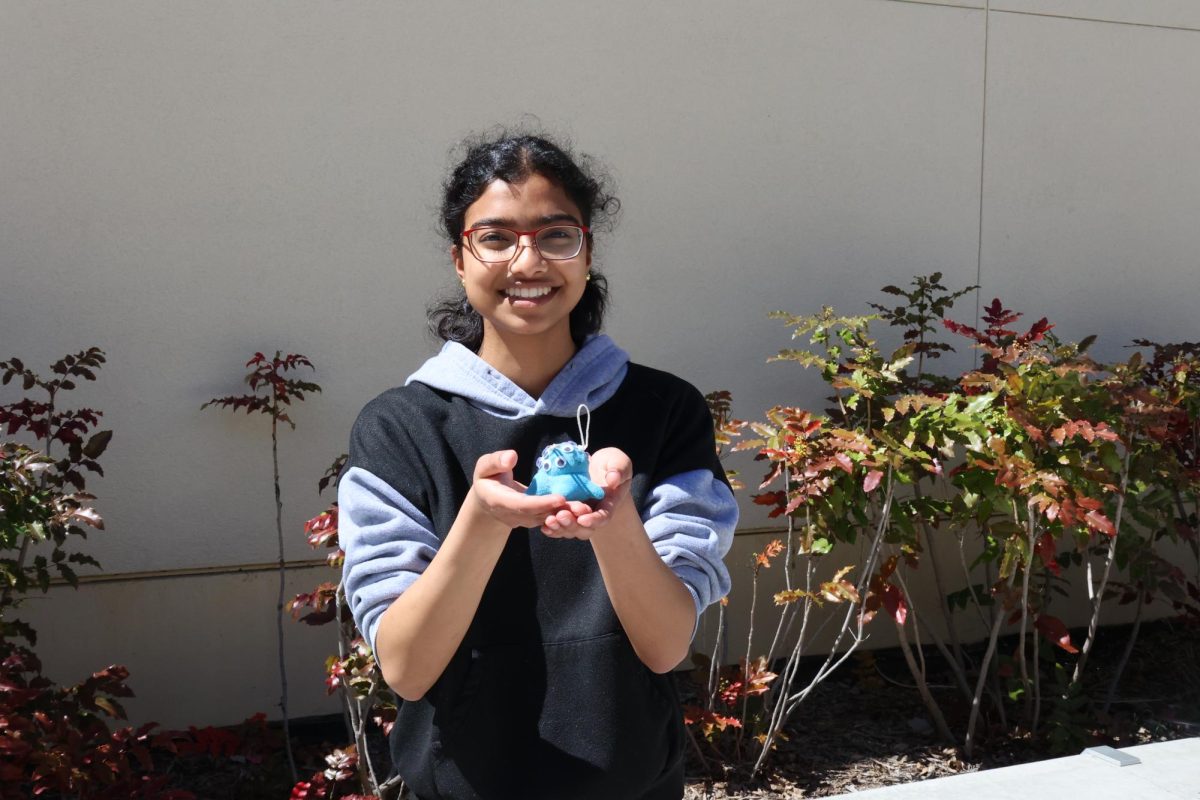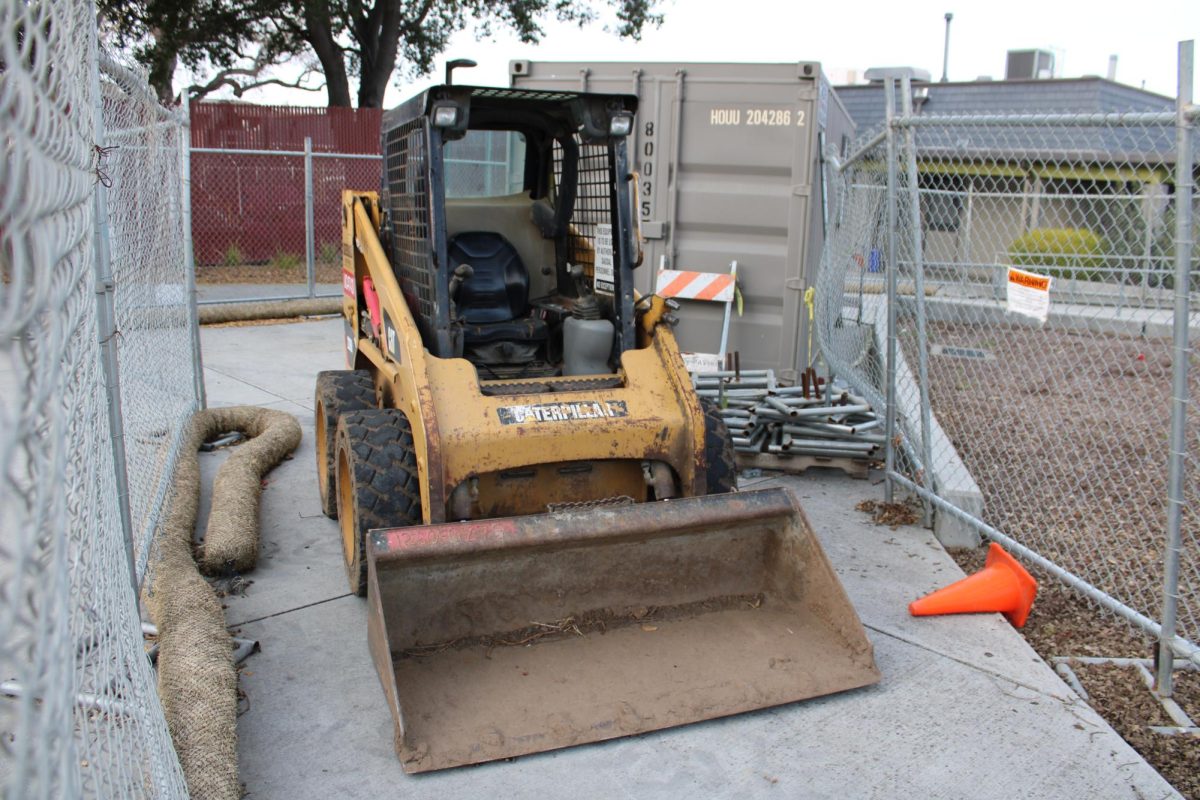Written by Deiana Hristov
On Tuesday, May 17, Principal Dr. Denise Herrmann announced that students will have to retake several of the Advanced Placement (AP) tests within the next two weeks because of irregularities in the seating and protocol errors that occurred during the testing periods. All students are required to retake the AP Biology exam, 56 of 111 students will have to retake the AP Calculus BC exam and the number of students affected is still under investigation for AP Environmental Science, AP Physics C: Mechanics and AP Physics C: Electricity and Magnetism. AP Chemistry, Computer Science A, Spanish Language and Culture, Physics 1, English Literature and Composition and Psychology exams are currently under review by the College Board for possible invalidation as well. Retakes are currently scheduled to begin this Thursday and continue next week. According to Herrmann, the testing irregularity was first brought to attention by a mix-up in testing distribution during the AP BC Calculus exam. Students were seated next to each other and were supposed to be given either version Q or R of the exam so that no two students seated together had the same version. However, due to logistical errors, some students seated together were given the same version of the exam. “As soon as we discovered that the proctors had distributed the tests in a way that would put a Q and a Q together, we knew ethically we would have to self-report that [and] we knew that College Board would also have to receive those materials as soon as they saw the seating chart,” Herrmann said. “It was also something that they would have caught later on, and it would be much more difficult for students to make it up over the summer, so we wanted to report it.” Tis irregularity prompted a request from the College Board for more information about Gunn’s testing environment. Te administration was asked to send detailed information about the setup of the testing environment, which revealed that students who were seated two per table were sitting too close together.
According to Herrmann, Gunn has been using the same testing tables, seating arrangements and testing protocols for the past several years. However, this was the first year that the issue was brought to their attention. Therefore, she believes the problem stems from the administration not questioning the testing methods that have been used for the past 12 years. “Te culture at Gunn reinforces doing things the same way that we’ve always done them,” she said. Tis incident has evoked a myriad of student responses and backlash about administrative processes. “[On] one hand I do feel a little upset that the administration did not catch this beforehand, but on the other side we’ve been testing this way for so many years and for [the administration] to finally have the courage to tell College Board that we’ve been doing it wrong is admirable,” junior Isha Gupta said. Student Body Vice President Cole McFaul had a similar response. “I think a lot of people are angry with good reason because we’ve reached this peak and now we have to recover,” he said. “Tat pressure has really been felt by the student body, and we’re going to feel it as the AP retakes are coming in.” A petition created by senior Emily Cao is circulating around social media calling for the annulment of all end-of-the-year AP classwork and projects so as to minimize the added stress students will face. “I feel it would be in [the administration’s] best responsibility to give us time during class for studying and preparing for the test that they were incompetent of proctoring,” Cao said. However, some students feel that establishing a school-wide policy is unrealistic. According to junior Elise Epstein, the varying paces of different classes makes it hard to implement a school-wide policy. “I think the key is flexibility, I definitely see how the petitions are trying to make it less stressful for the students, so what I think can be done is have the AP teachers be more flexible as a whole and just have each teacher do their part of what they can to make it less stressful,” Epstein said. Gupta mirrors Epstein’s view that overly extreme measures are not needed. “I think it’s normal for students to be upset and angry and disappointed, [and] I definitely think that accommodations are needed to reduce stress,” she said. “However, I don’t think a petition to cancel all final assessments is the right way to go. I think it’s a bit over-reactionary.” Epstein believes that overall, the administration is trying their best to cope with the problem. “I think, so far, they are doing a good job with handling the situation,” Epstein said. “It’s not the administration’s fault, and I think it’s good that they’re calling all of the teachers together, that they are getting student’s opinions,”. Other students, however, feel that their voices are not being heard. Te Palo Alto Student Union is planning a sit-in during the next school board meeting on Tuesday, May 24, to bring awareness of the issue to the district and encourage the administration to give leniency to affected students on final projects and tests. Te administration is working to ensure that retakes go of without problems. According to Herrmann, students will not have to pay to retake the tests and students who choose not to retake the test will receive a full refund. In addition, the administration will take care of redistributing and reissuing any student booklets. One of the biggest issues that students and staff are facing right now is how students will study for the additional AP exams along with other tests and projects. “What I feel is the most important thing that we should be focusing on is supporting the students as we go through the retesting process,” Herrmann said. “I know from receiving some emails from parents and students that that’s what they want, too.” In a meeting with the Student Executive Council (SEC), Herrmann stated that a list of all affected students would be released to teachers. Teachers were open to being flexible and working with students impacted by the AP retakes on a case-by-case basis. Herrmann has complete faith in the teachers and their ability to manage the situation. “I believe in the good spirit of our teachers, and that they together are going to be able to figure out a way that students feel that we are taking into account that we want them to be academically successful, but also [maintain] their well-being,” she said.























